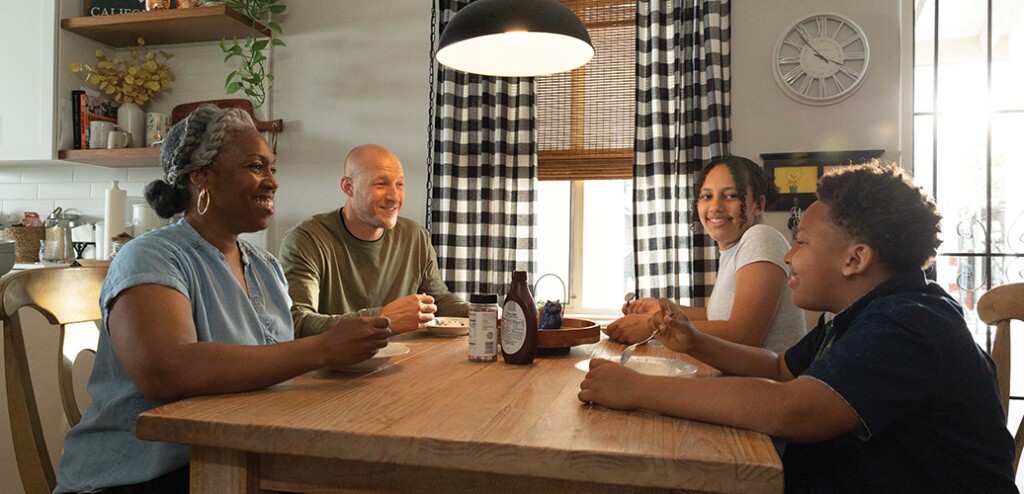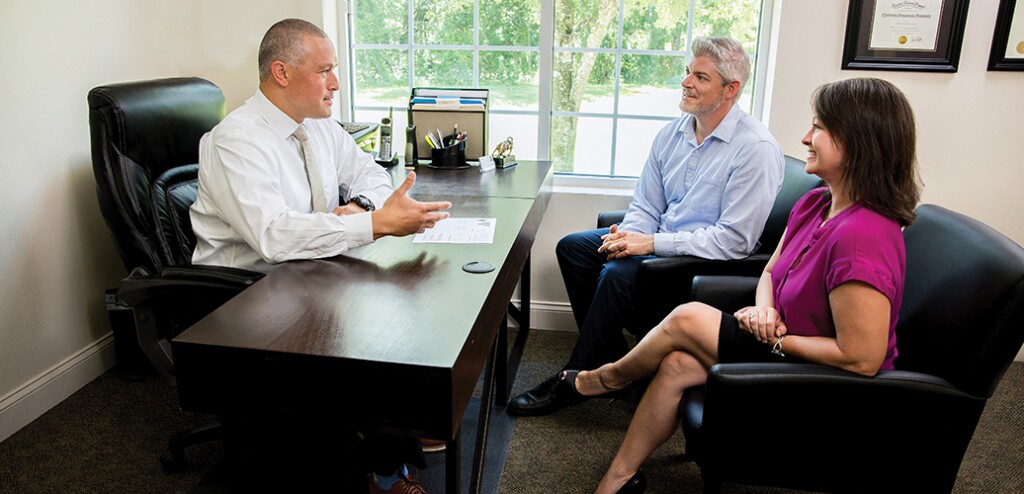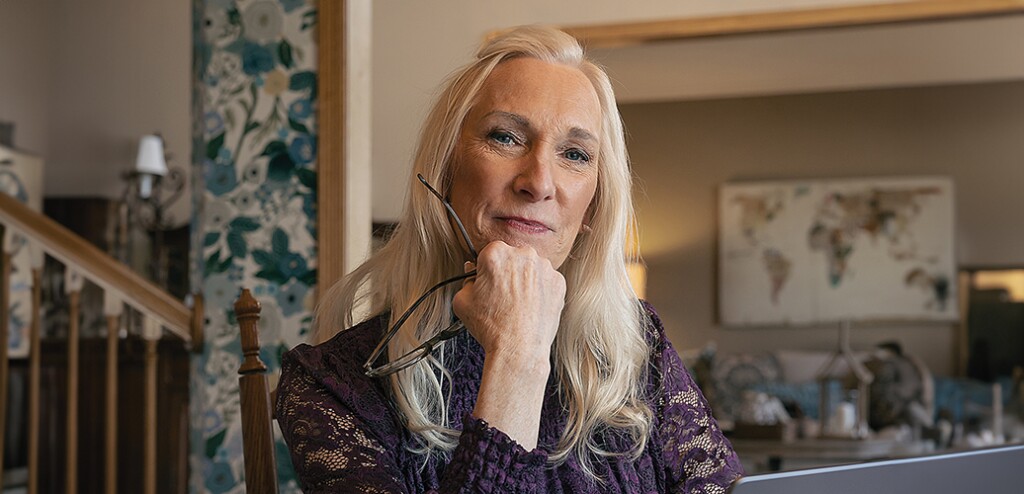As a blended family, you're no stranger to the unique nuances and complexities that come with bringing together children from a previous (and sometimes your current) marriage. How you'll leave behind your money and assets can be an especially tricky web to untangle. That's what makes a thoughtful estate strategy such a proactive—and necessary—tool in helping your loved ones avoid probate, confusion and conflict. Here's what to keep in mind.
Challenges of blended family estate planning
You and your spouse may have had separate estate strategies in place before you married. But the wills, trusts, life insurance and other important documents you set up before may no longer fit your new circumstances.
Blended families can face several potential challenges with
Updating your
Dividing assets in a second marriage or blended family
Deciding how to divide assets in your estate plan takes careful thought. Your ultimate goal is to ensure everyone is cared for and protected should you or your spouse pass away. Doing so can be challenging, though, because of the unique dynamic of a blended family. You may have children from your previous marriage, stepchildren from your spouse's previous marriage, and new children together. Your situation will factor into how you lay out your estate plan.
You can set up your distribution of assets in any way that suits your needs and goals. Some people treat the assets that each spouse brought to the marriage separately from the assets that were accumulated together as a way of deciding which family members get what. This path may involve a prenuptial agreement, where each spouse agrees before marriage how any inheritance would unfold. Others would prefer all pre- and post-marital assets be shared and split evenly among all heirs, or want a trust to distribute assets.
Ultimately, it's up to you and your spouse and what's best for your family. But knowing all your options is the first step to creating a plan.
As life changes, life insurance needs do, too
Estate planning strategies for blended families
An estate plan has many components. Considering each of them and their implications can help you determine the best solution for you and your loved ones.
Wills
When you and your spouse create
Trusts
Life insurance
Real estate deeds
Many married couples own property with a right of survivorship, meaning if one spouse dies, the other automatically becomes the sole owner of the property. In the case of a new marriage, you may want to update the existing deed to add your new spouse for existing property or use a similar type of deed when buying property together so this automatic transfer can take place.
Another option is to set up property so the surviving spouse gets a life estate—the right to live there for the rest of their life—with the property going to their children upon death.
Retirement accounts
Current spouses often inherit 401(k) accounts as the default beneficiary, but for all
Bank accounts
You can set up bank accounts as "payable upon death," meaning any funds left in your account will directly transfer to whomever you name upon your death, avoiding probate.
Updating existing estate plans
If you and your spouse came to the marriage with estate plans, you have a great baseline you can use to create an updated strategy. Estate planning for your blended family is ideally done as part of your wedding planning, but many couples don't get to this until after they've tied the knot, and that's OK.
To update your estate plan, you may want to:
- Add codicils to existing wills or create new wills.
- Revise existing trusts and/or create new ones.
- Reconsider your life insurance beneficiaries and consider if you need more insurance.
When revising your wills, think about whether you want to add new beneficiaries, change beneficiaries or change your executor. You may also decide to adjust the bequests in the will.
Keep your plans updated as your family evolves
No matter what type of estate strategy you create, remember that it's not a set-it-and-forget-it situation. Your estate plan should change as your family evolves. New children may come into the family, or you might welcome grandchildren. So update your estate plan regularly to meet all your family's needs when the time comes.
For personalized guidance on setting up an estate plan with a blended family, reach out to a







